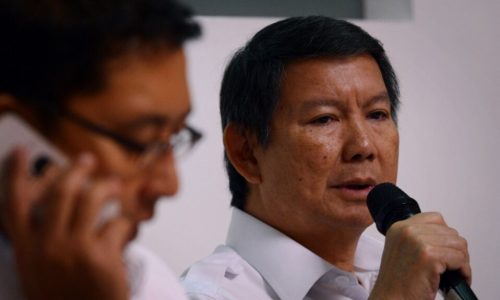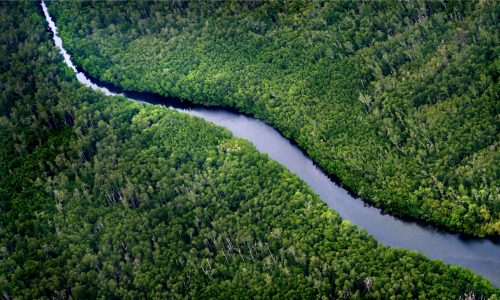Ministry of Energy and Mineral Resources (ESDM) Bahlil Lahadalia says Indonesia has a total geothermal potential of 24 GW or about 40 percent of the world geothermal potential.
“Currently, the capacity of geothermal power plant in Indonesia is at 2.6 GW, the second biggest in the world. The amount is an increase of double capacity in the last 10 year,” Bahlil told the 10th Indonesia International Geothermal Convention and Exhibition in Jakarta on Wednesday, September 18, 2024.
The capacity of the geothermal power plant is 18.5 percent of the total capacity of national renewable energy or 3 percent of the total electrical capacity in Indonesia. In the last 10 year, the investment accumulation of geothermal power plant construction has grown significantly.
The investment has increased eightfold so it is estimated that the total investment in geothermal power plant will achieve US$ 8.7 billion in 2024.
The construction of the geothermal power plant has created almost 900 thousands of jobs directly and indirectly. Not only the economic impact, geothermal has reduced carbon emission for 17.4 million in Indonesia.
The challenge
Despite the geothermal industry continue to grow, currently only 10 percent of the Indonesia geothermal potential is utilized by Indonesia. According to Bahlil, there are several issues that become main challenges for the utilization of geothermal.
First issue is related to license. The development of geothermal power plant in Indonesia still has to go through complicated application procedures, such as analysis of environmental impact (Amdal), Forest area utilization permits (IPPKH), suitability of space utilization (KKPR) license and other permits.
“The licensing process can take 3 years so totally the time needed from exploration to the operation of the geothermal power plant is 5 years,” Bahlil said.
Second issue is limited transmission network, which is a major obstacle for the development of renewable energy including geothermal.
Bahlil cited the development plan of 350 MW geothermal power plant in Bengkulu province, which is hampered by the lack of transmission network that connects the demand point and the supply point.
Third issue is the challenge related to tariff determination of renewable energy power and power purchase agreement (PPA) as what has happened in the development plan of geothermal power plant in North Sumatra.
“The Energy and Mineral Resources ministry has the commitment to solve all those obstacles by collaborating with all parties,” Bahlil said.









